We think our universe began with a bang. But what if it actually began with a bounce inside of a black hole? Physicist Nikodem Poplawski argues for a revolutionary rethinking of cosmology where every black hole births a new cosmos.
The current theory of the origin of our Universe, which is based on Einstein's general theory of relativity (or general relativity), assumes that our Universe started from an extremely hot and dense state called the big bang. The big-bang cosmology successfully describes primordial nucleosynthesis (production of the lightest elements in the early Universe) and predicts the cosmic microwave background radiation, which we observe coming from all directions in the sky. In order to explain why the Universe that we observe today appears spatially flat, homogeneous and isotropic at the largest scales, the theory of cosmic inflation has been proposed, according to which the very early Universe went through an extremely rapid exponential expansion by an enormous factor in volume. A big success of inflation was also to predict the form of density fluctuations (which seed the structure formation in the Universe) observed in the cosmic microwave background, although this theory requires the existence of a hypothetical matter field with a specific interaction.
SUGGESTED VIEWING
White Holes: Fact or Fantasy?
With Roger Penrose, Carlo Rovelli, Laura Mersini-Houghton, Robert Lawrence Kuhn
The Big Bang itself, however, is unphysical: the Universe started from being a point of infinite density, called singularity. In addition, this cosmology does not address four fundamental questions. What caused the Big Bang and the subsequent rapid expansion of the Universe? What reality might have existed before? Why does the cosmic time flow in one direction? And what happened to antimatter?
___
Every black hole produces a new, baby universe inside and becomes an Einstein-Rosen bridge, better known as a wormhole, that connects this universe to the parent universe in which the black hole exists.
___







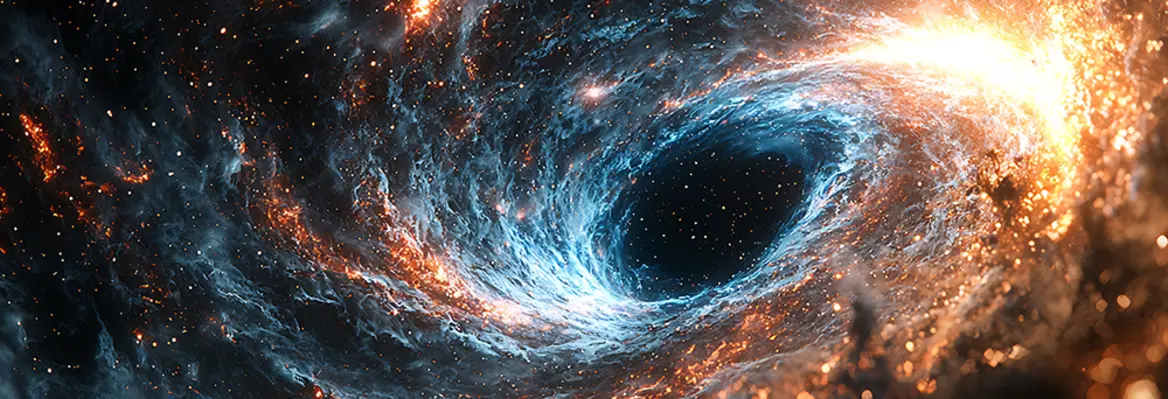

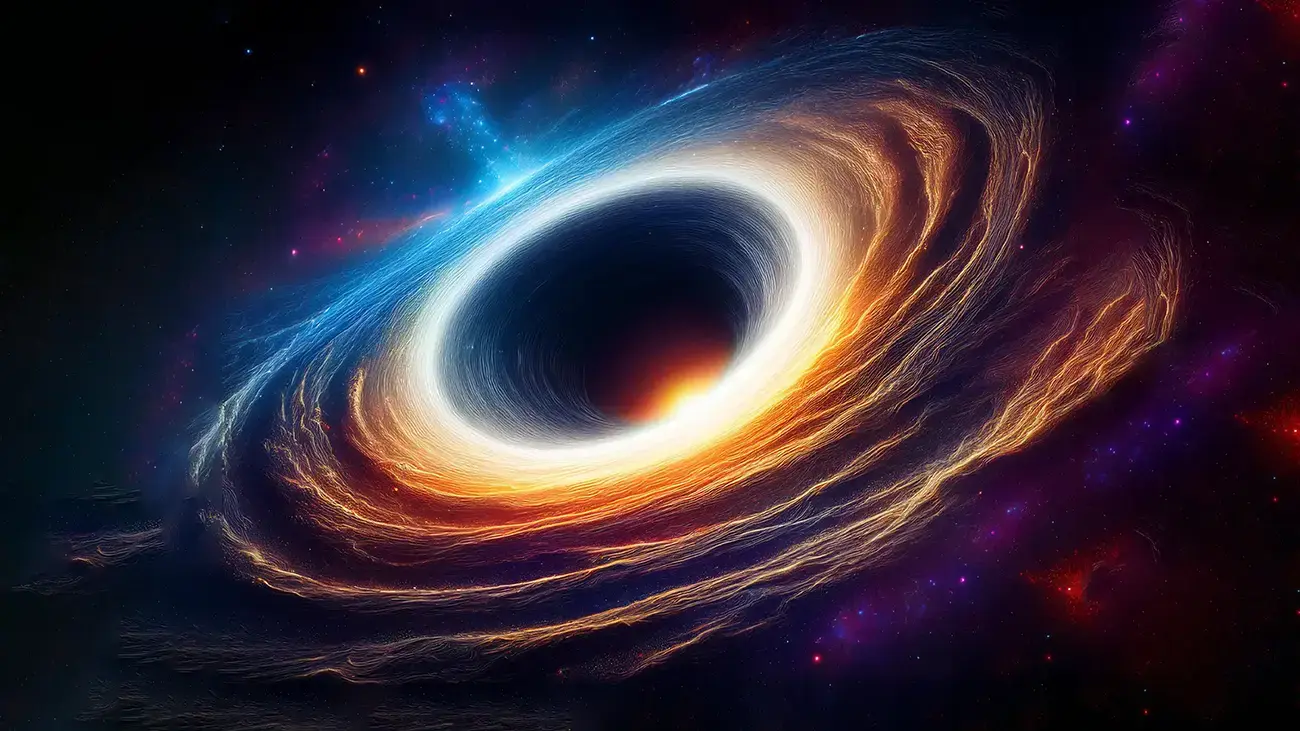

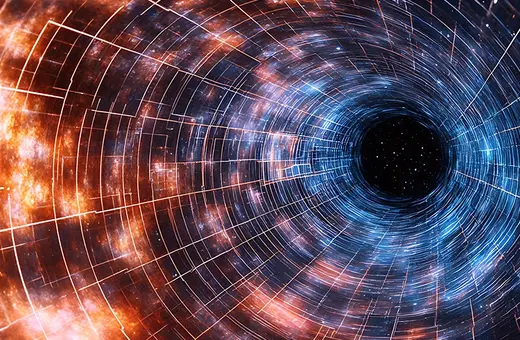
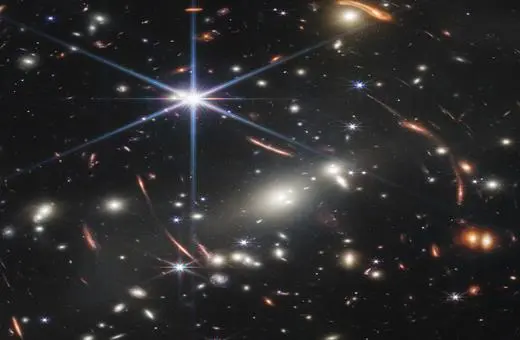

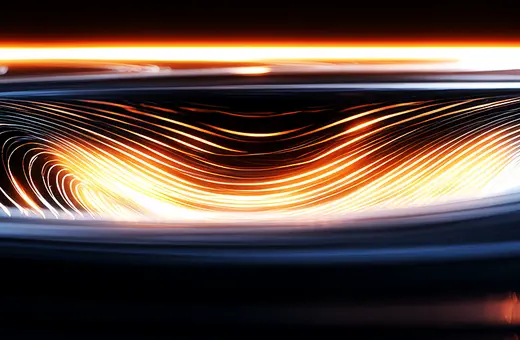







Join the conversation